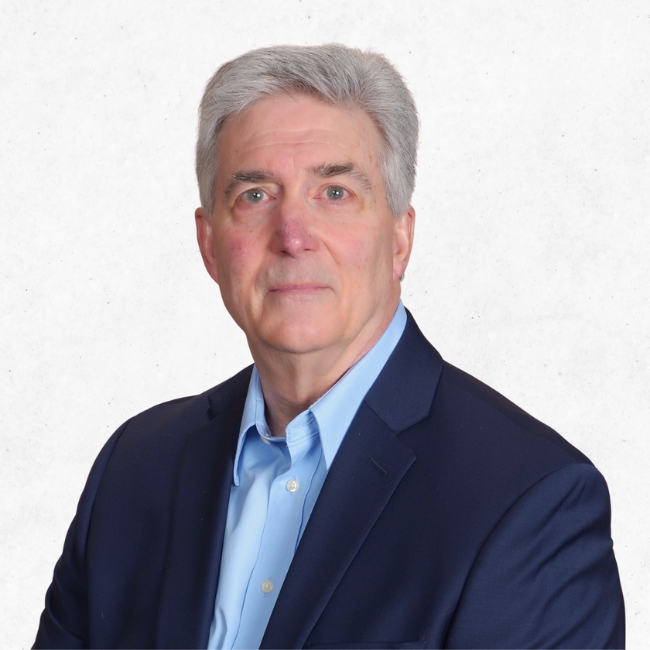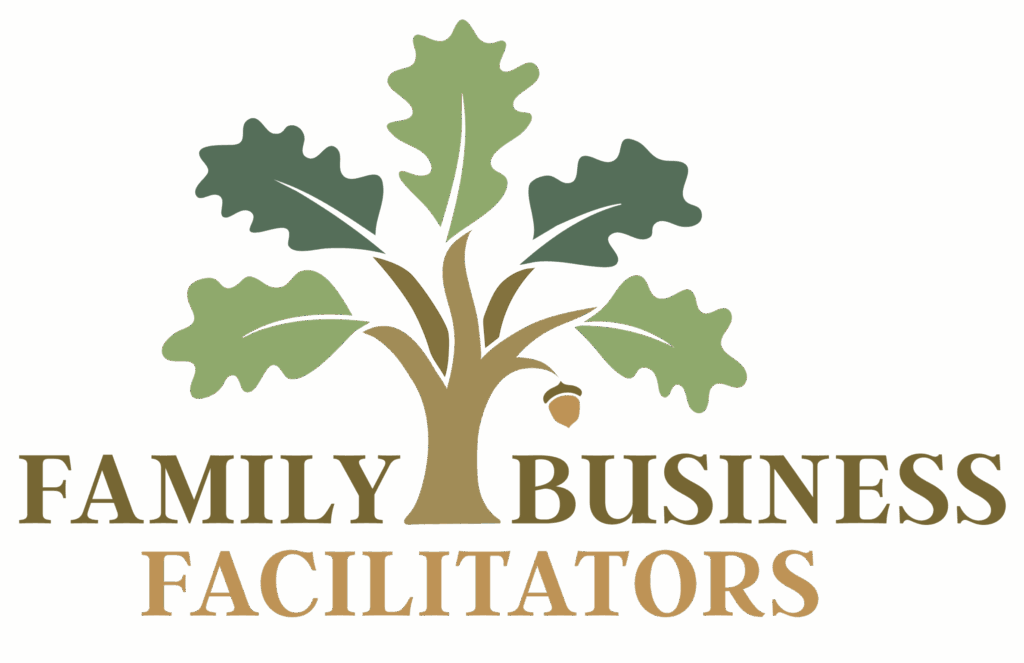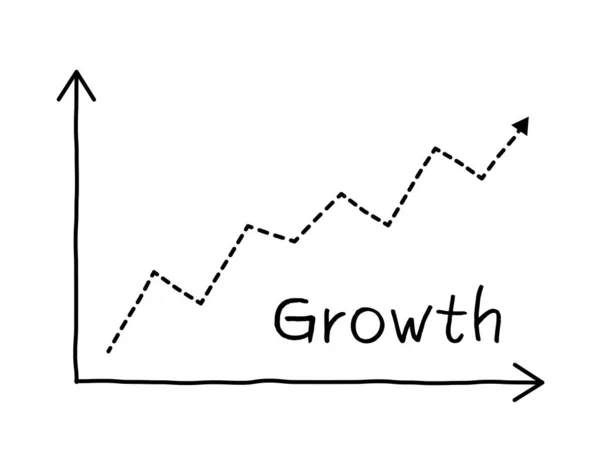Steward a Peaceful & Prosperous Family Business
for Generations to Come.
YOUR FAMILY &
BUSINESS ARE UNIQUE,
but entrepreneurial families of all sizes face similar challenges.
Interpersonal conflict can affect not only your business, but also your life. There are complex intersections between business roles and family relationships. Planning for succession and implementing a plan can seem overwhelming.
Or you might be wondering how you can create a lasting, fruitful family culture for generations to come.
In any case, you don’t have to tackle these difficult topics alone.


At Family Business Facilitators, we understand the importance of creating a lasting and healthy family business.
It’s our goal to give you clarity in addressing your most challenging issues through meaningful meetings and facilitated conversations that leave you confident in the future of your business and your family.
MEETINGS & WORKSHOPS
THAT PRODUCE RESULTS
As professional meeting facilitators, we create clear agendas, mediate conflicts, encourage dialogue, promote accountability, and keep your family focused on the issues at hand to help foster a transparent and productive environment.
We conduct thoughtfully-planned meetings and workshops around these core topics:

Conflict Resolution and Prevention
Work through current interpersonal and business issues to both resolve conflict and prevent it in future situations.

Defining Family Purpose and Business Policy
Create thoughtful policies and governance to promote clarity in business and familial relationships.

Succession Planning
Develop and implement a succession plan while navigating complexities such as deciding leadership roles, establishing business continuity, honoring emotional aspects, and more.

Philanthropic Strategy
Clarify what philanthropic values matter to you and find solutions to create the impact you desire.

YOUR PARTNERS IN STEWARDSHIP
Meet Fred Oaks
Principal Consultant at Family Business Facilitators
Fred Oaks, Principal Consultant at Family Business Facilitators, is a seasoned professional facilitator specializing in multigenerational family businesses. He has been consulting since 2003 and spent 17 years as a program officer in a family foundation. His work as a senior pastor also informs his ability to maintain confidentiality and connect in meaningful ways. His approach fosters faithful stewardship and generative family dynamics, ensuring long-term success.
We are passionate about
Midwest Enterprise.
There’s something distinct about doing business in the Midwest. People here have built something with their hands — a business, a family, a life rooted in hard work and quiet perseverance.
That’s why we’re committed to helping the Midwest continue to be leaders in entrepreneurship, and why we’re proud to be part of Apeiron, a network of vetted consultants based in the Midwest.
We bring national-level expertise with a grounded understanding of the people and values that drive this place. We believe that a consultant or facilitator should feel like someone who understands where you’re coming from and helps you get where you want to go.
Together, we’re working to make sure the future of Midwest business is as strong, resilient, and dynamic as the people behind it.

TRAINING ADVISORS
OF ENTREPRENEURIAL FAMILIES
In addition to engaging directly with entrepreneurial families, we provide workshops and training to family business advisors.
- The Delicate Fabric of Trust
- Reflective Listening for Empathic Understanding
- Thinking Family Systems
- Help Your Clients Create a Values-Based Family Culture
- Bespoke Philanthropic Strategy Development
If you’re an advisor interested in engaging with us, reach out below.
EXPLORE OUR BLOG
STEWARDSHIP, VALUES, CONFLICT-RESOLUTION & MORE
We regularly update our blog with writings and reflections about core family business topics.
OUR WHY
Our contributions to the world can evolve in retirement. This new business is my attempt to steward a lifetime of learning.
START THE CONVERSATION
We’re here to serve your family and business needs.
Arrange a free consultation by submitting the form below, calling, or messaging us on LinkedIn.
CONTACT US
Fill out the form below, and we’ll respond to you soon.





